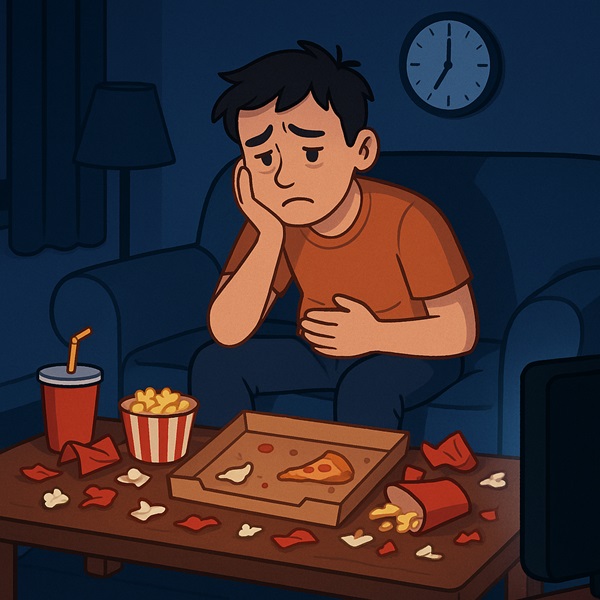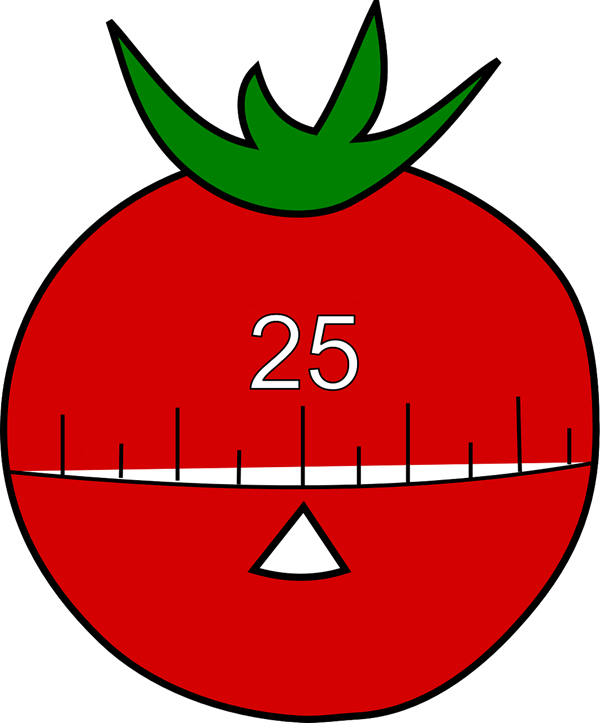The Effects of Negative Self-Talk on Your Finances (And How to Fix It)
Your mind has a constant inner chatter running in the background. Most of the time, you barely notice it. But when it comes to money, negative self-talk can quietly shape your financial reality in powerful ways.
When you think of money, what image comes to mind? Coins, cash, a bank balance. But what thought follows that image? Is it freedom and possibility — or stress, limitation, and “I can’t afford it”? That immediate reaction is your financial self-talk.
This isn’t just mental noise. The way you speak to yourself about money influences your decisions, your confidence, and ultimately your financial outcomes. To truly understand its effects, you have to look deeper at the beliefs driving those thoughts — something we’ll explore in this post.
We’ll examine how your inner dialogue connects to your current financial situation and, more importantly, what you can begin doing to shift it. Change may not be instant, but with awareness and consistent effort, it is possible. When I became aware of my own money beliefs, I finally understood why my financial reality looked the way it did — and how it was affecting the rest of my life. That realization is what this post aims to bring to light.








